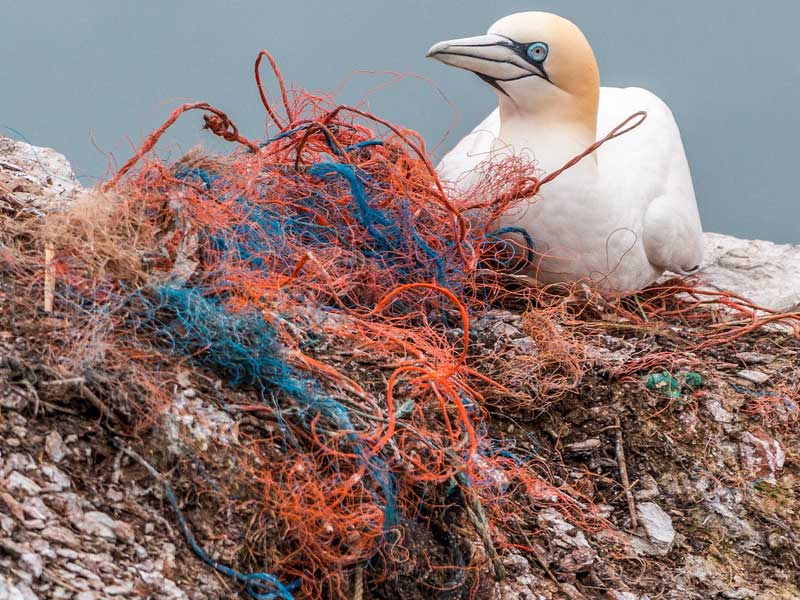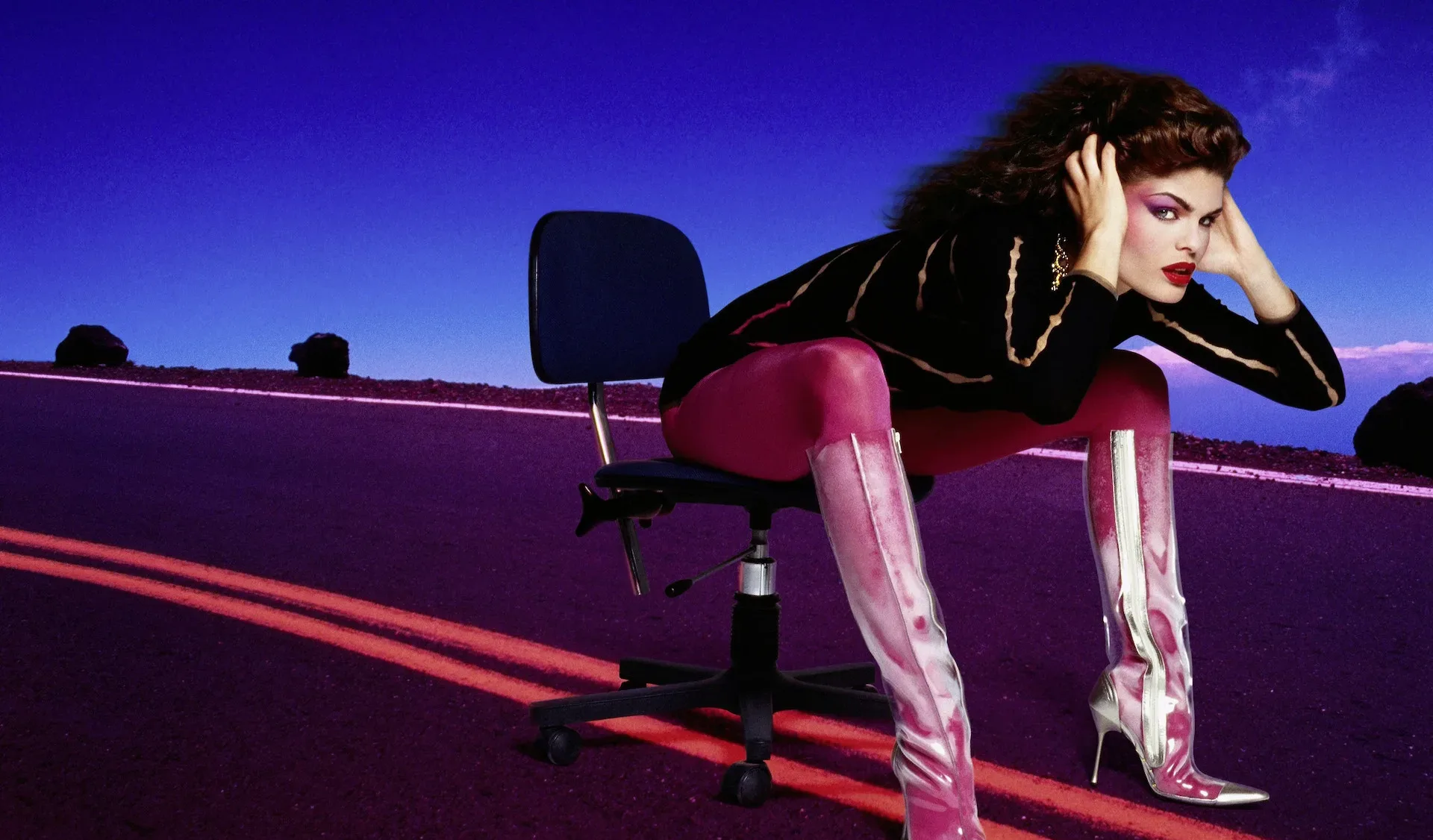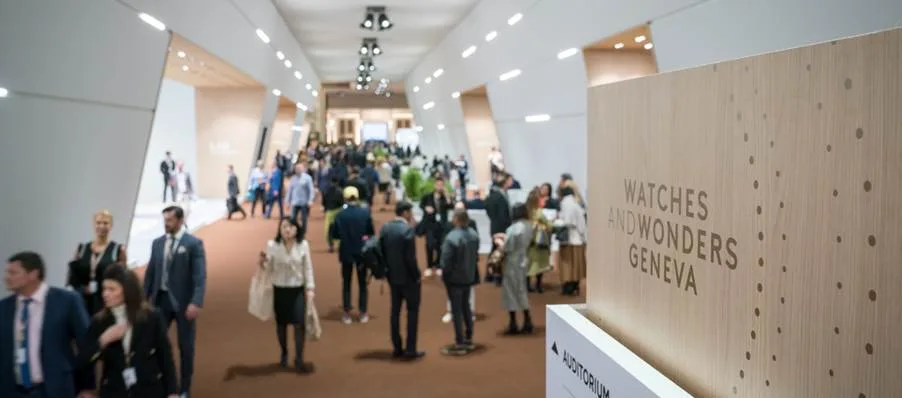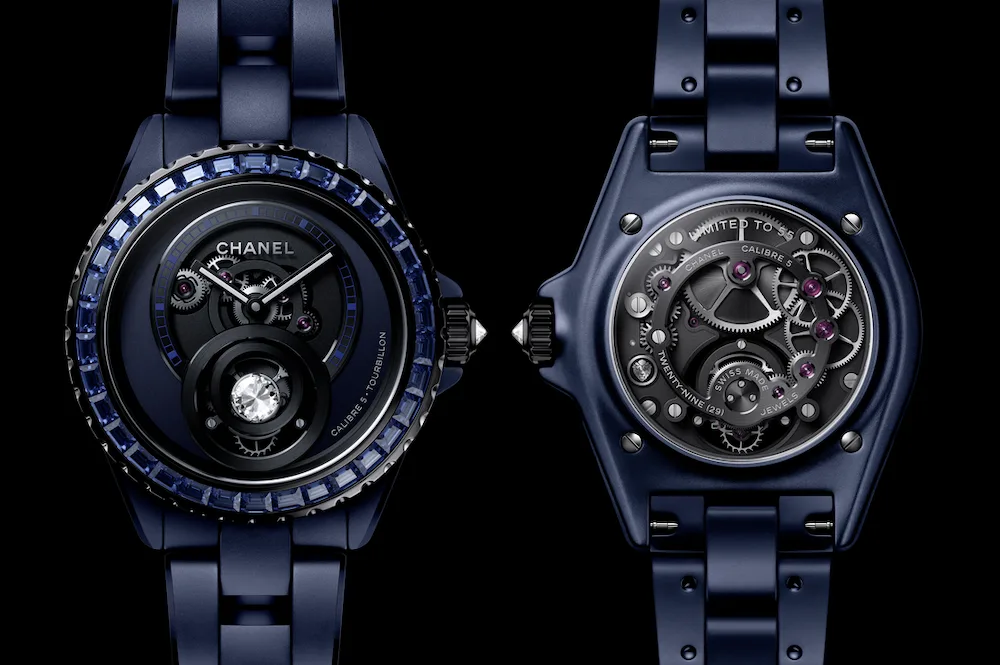Teach a man to fish sustainably, and you feed the planet beyond his lifetime.
The market value of marine and coastal resources and industries is estimated at US $3 trillion per year, or about 5% of global GDP. Yet, as much as 40% of the oceans are suffering negative effects from human activities, including pollution, depleted fisheries, and loss of coastal habitats because of poor management. In 2016, Yale University researchers found that 40% of adults worldwide had never heard of climate change. In some developing countries, such as India, that figure climbed to 65%. Providing education on sustainable practices to fishing communities in developing regions is essential to enhance economic returns and manage ocean degradation.
How education is reducing plastic pollution
A key example of the power of education is from Net-Works, a cross-sector initiative between Zoological Society of London (ZSL) and Interface. The basic idea was that teaching people how to reduce the number of abandoned nets in ocean environments protects aquatic life from the dangers of lost or discarded nets that damage coral reefs and trap and entangle fish, marine mammals and birds. The Net-Works aimed to not only teach fisherman about the importance of conservation, but to form a unique partnership to source material from old fishing nets in a way that would benefit communities and the environment. They developed a new model of community-based conservation, one that would bring immediate benefits to local people.

Net-Works is an innovative business that empowers people in coastal communities in the developing world to collect and sell discarded fishing nets, thereby removing these nets from the ocean where they wreak havoc with marine life. The nets are sold into the supply chain and recycled into yarn to make carpet tile. Since 2012, over 125 tons of nets that would otherwise have been waste have been collected through Net-Works. For context, approximately 640,000 tons of fishing nets are wasted in the world’s oceans. Coastal communities in the developing world are almost entirely reliant on the ocean for their livelihood. Interface aims through the Net-Works model to empower these communities to better protect and manage their local marine resources and to diversify their livelihoods so they are not solely reliant on fishing. Building on the trust that they have developed in these regions, Interface is able to explore and develop other domains such as providing banking and financial services to the fishing communities, many of whom have limited access to financial facilities.
Can education stop a global food crisis?
Overfishing and polluted waters undermine food security, which depends on sustaining a steady food supply from the oceans. Climate change can potentially lead to less fish due to higher water temperatures causing the disease or demise of underwater life. Healthy marine life is connected to human health as millions of people depend on fish as a food source, and depend on fishing and coastal tourism as a source of employment and income.
As a food source, fish is an extremely nutritious source of protein and essential nutrients, which is especially important as a dietary staple in many poorer communities. With over 100 million tons of fish eaten worldwide each year, providing 2.5 billion people with at least 20% of their average per capita animal protein intake, less fish could, therefore, cause a food crisis. Education is necessary for people to learn how to conserve and sustainably use the oceans, seas and marine resources for sustainable development. Environmental education programs have facilitated important advances in national and regional efforts to fight climate change and protect marine life and ecosystems. But for these programs to reach their full potential, it is important that a country’s or region’s inhabitants have a strong primary and secondary educational base.

In 29 countries, 25% of people with less than a secondary education expressed concern for the environment compared to 37% of people with secondary education and 46% of people with tertiary education, research shows. With higher levels of education, people across many different societies show greater concern about the well-being of the environment. Scientific education also helps people to understand the effects of climate change and inspires solutions to help curb these effects.
Specific climate change education is beginning to find its way into the curriculum of current and future business leaders. Strategies to limit the magnitude of climate change, adapt to the impacts, and develop effective responses to climate change include business schools preparing their students to be environmental and social stewards and ethical actors in the workplace. In doing so, faculty are drawing on interdisciplinary resources to teach sustainability and instil habits and mindsets that will serve students well in their careers.
What does the future hold?
An education-based response to climate change increasingly includes social enterprises that create sustainable livelihoods by training entrepreneurs to provide customers with sustainable life-improving and affordable products. Educating people in climate sensitive areas and lines of work, such as people living on islands and people working on the oceans, teaches them how to respond to natural disasters, prevent them, preserve life below the seas and protect the people and the planet.
Sustainable fish stocks are needed as a significant and renewable source of healthy food for large parts of the world’s population. Continued sustainable ocean use provides increased food security on a global basis. However, today there still the significant challenge of overfishing. The global fishing fleet is two to three times larger than the oceans can sustainably support with much of the fish being used in the livestock and fish feed market. Educating people in initiatives to grow insect proteins from food waste to create livestock and fish feed can replace a significant portion of the proteins currently sourced for the same purpose from trawling the world’s oceans.



















One Response
Old adage – give a man a fish and he can feed himself for a day. Teach a man to fish and you have a ready market for bait and tackle. Be careful about the markets you create.